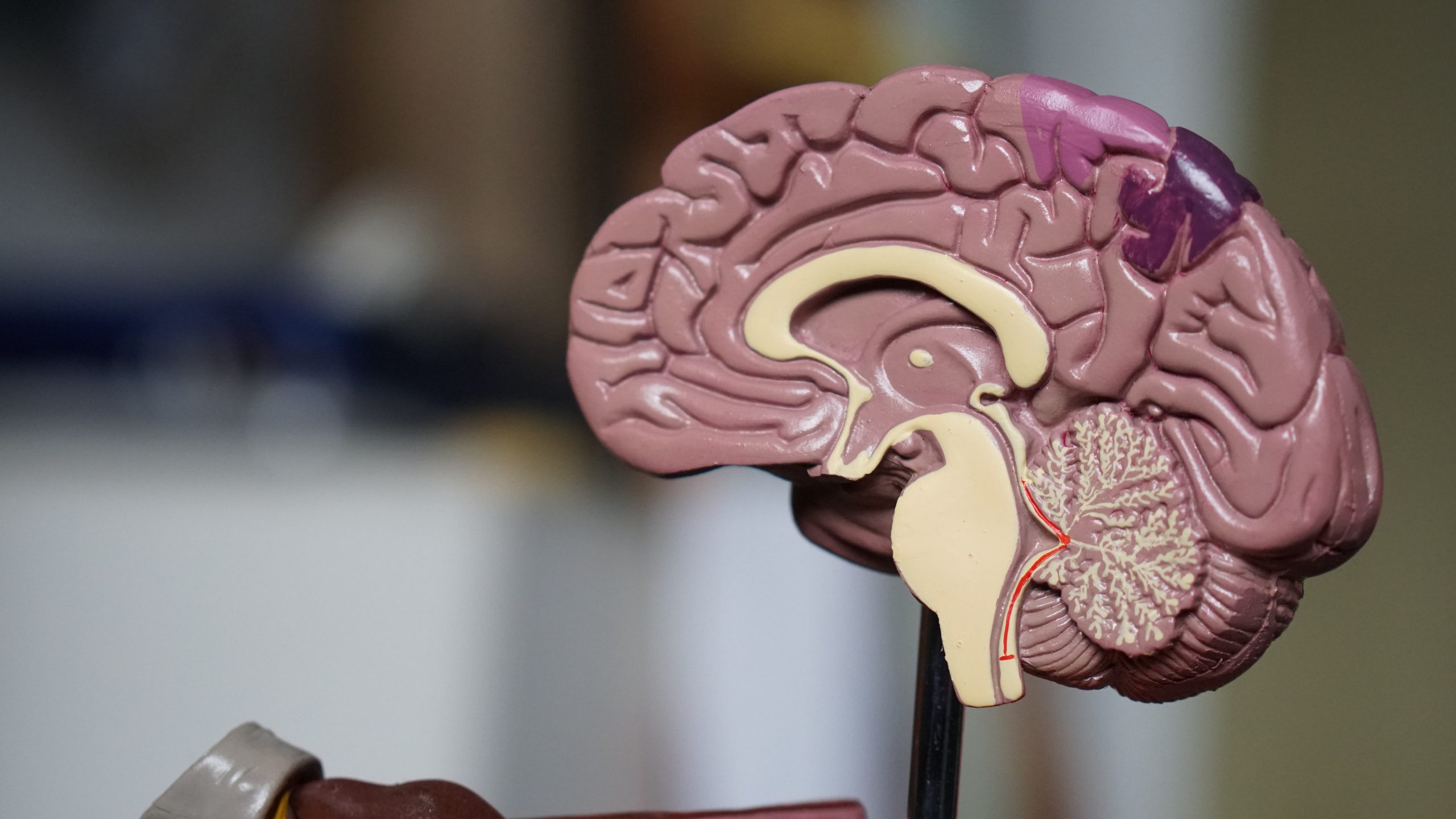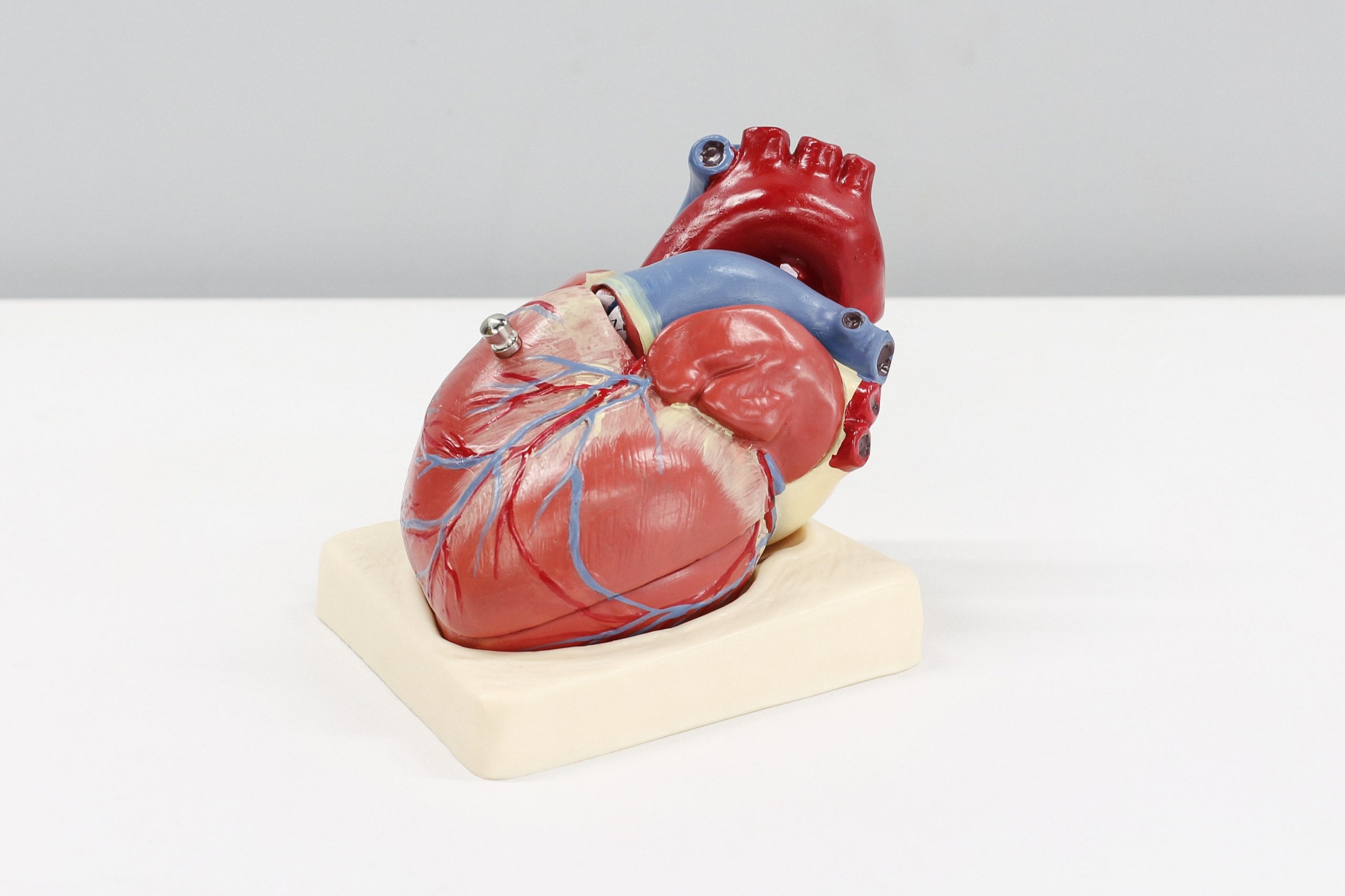The Problem of Delayed Treatment for Mental Health Conditions
 From recognizing one needs treatment to finding an in-network provider to scheduling an appointment, getting help for one’s mental health can be a time-consuming and disheartening process. One study found that since 2000, individuals with schizophrenia, mood, and anxiety disorders have taken nearly 32 months on average to receive their first treatment.
From recognizing one needs treatment to finding an in-network provider to scheduling an appointment, getting help for one’s mental health can be a time-consuming and disheartening process. One study found that since 2000, individuals with schizophrenia, mood, and anxiety disorders have taken nearly 32 months on average to receive their first treatment.
Aside from the immediate harm of suffering from the symptoms of a mental illness, a delay in treatment is associated with a range of negative outcomes, highlighting the importance of prompt access to rapidly effective interventions.
Here are some key findings:
Rates of Treatment Response and Remission

When examining the impact of the duration of untreated illness (DUI) on mental health outcomes, much research has focused on rates of response (i.e., at least a 50 percent reduction in symptoms) and remission (i.e., a full recovery). A meta-analysis, which compiled data from several studies on the topic found some striking results. In particular, they found that:
- Patients with a DUI shorter than eight weeks after their first episode of depression have a 70 percent greater probability of achieving a response
- Patients with a DUI shorter than eight weeks after their first episode of depression have a 65 percent greater probability of achieving remission
Response to Antidepressants

Researchers looked specifically at the response to antidepressants and found similar results. For example, studies have found that:
- Patients with obsessive-compulsive disorder who did not receive treatment within the first 24 months were 28 percent less likely to respond to SSRIs (selective-serotonin-reuptake inhibitors)
- Subjects with major depressive disorder who did not receive a first-line antidepressant until six months or more after their depression started were 13 percent less likely to experience remission
- Longer DUI was associated with a lower response to antipsychotics and a higher rate of relapse in individuals with schizophrenia
Suicide

Mental illness can bring about feelings of hopelessness and despair which can cause patients to think about or attempt to commit suicide. Several studies have found that a longer DUI is associated with more suicidal thoughts and attempts for a range of conditions. For example, studies have found that:
- Bipolar patients with a longer DUI showed a higher number of suicide attempts during a five-year follow-up
- In patients with schizophrenia, suicidal plans or attempts were significantly higher in subjects from communities without an early detection program relative to those from early detection communities
- Depressed patients with a longer DUI also showed an increase in the number of hospitalizations and suicide attempts
Cognitive Performance

Deficits in cognitive performance (e.g., in tasks involving memory, attention, verbal abilities, etc.) have become one of the core features of mood disorders and are significantly associated with DUI. A 2020 study found that:
- Over half of the subjects diagnosed with major depressive or bipolar disorder showed mild cognitive impairment.
- Those with major depressive disorder who showed cognitive impairment had a six month longer DUI on average
- Remission was associated with improvements in memory, executive function, and attention, but not in visuospatial abilities or verbal fluency
Physiological Changes in the Brain

Researchers have found that as mental health conditions go untreated, they can produce a range of physiological changes in the brain. For example, one meta-analysis found that:
- Long durations of untreated illness are associated with brain changes in individuals who have schizophrenia, bipolar disorder, major depressive disorder, panic disorder, and obsessive-compulsive disorder
- In schizophrenia, significant changes can occur within the first year
- Some brain changes may be associated with poor treatment response
Associations with other Chronic Conditions
 Mental illness is associated with various other chronic health conditions, such as heart disease and diabetes. Again, a longer DUI is associated with worse outcomes regarding many of these conditions. A 2022 study found that:
Mental illness is associated with various other chronic health conditions, such as heart disease and diabetes. Again, a longer DUI is associated with worse outcomes regarding many of these conditions. A 2022 study found that:
- Subjects with depressive and bipolar disorders with DUIs longer than one and two years, respectively, were nearly 30 percent more likely to have physical comorbidities
- Longer DUIs were significantly associated with higher BMIs, which can cause or exacerbate other physical conditions
Takeaways
These findings highlight two general takeaways. First, there is an obvious need to shorten the time it takes for patients to receive treatment. Given the wide range of adverse outcomes that become more prevalent as DUI increases across several mental health conditions, individuals dealing with mental illness must receive treatment as soon as possible.
Second, there is a need for novel treatments. Even when patients can see a physician, first-line treatments can take several weeks to months to work. For a sizable subset of these individuals, these solutions may not be effective, even when their illness is recent. Additionally, longer DUIs are associated with physiological changes in the brain, which may be why standard treatments tend to be less effective over time. As a result, solutions working in different ways targeting different parts of the brain, like ketamine, TMS, or other emerging interventions, may prove critical for treating individuals who do not respond to first-line treatments.
At Heading Health, we utilize a multi-pronged approach to combat these issues. First, we offer an integrated team of specialists who work together to provide prompt care tailored to each patient’s individual needs. In most cases, we can see patients within 24-48 hours. To support this approach, we use cutting-edge treatments with rapid and sustained responses, meaning patients get in and get better quickly.
Talk with your doctor to determine whether these treatments are right for you, or schedule an appointment with one of our psychiatrists or therapists to advise you on any other potential treatments for depression, including ketamine, Spravato, and TMS. Call us at 805-204-2502 or request an appointment here.
Want to find out if Heading is right for you?
Complete our consultation form and an intake specialist will get in touch.


